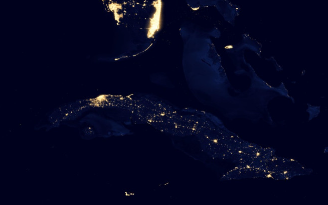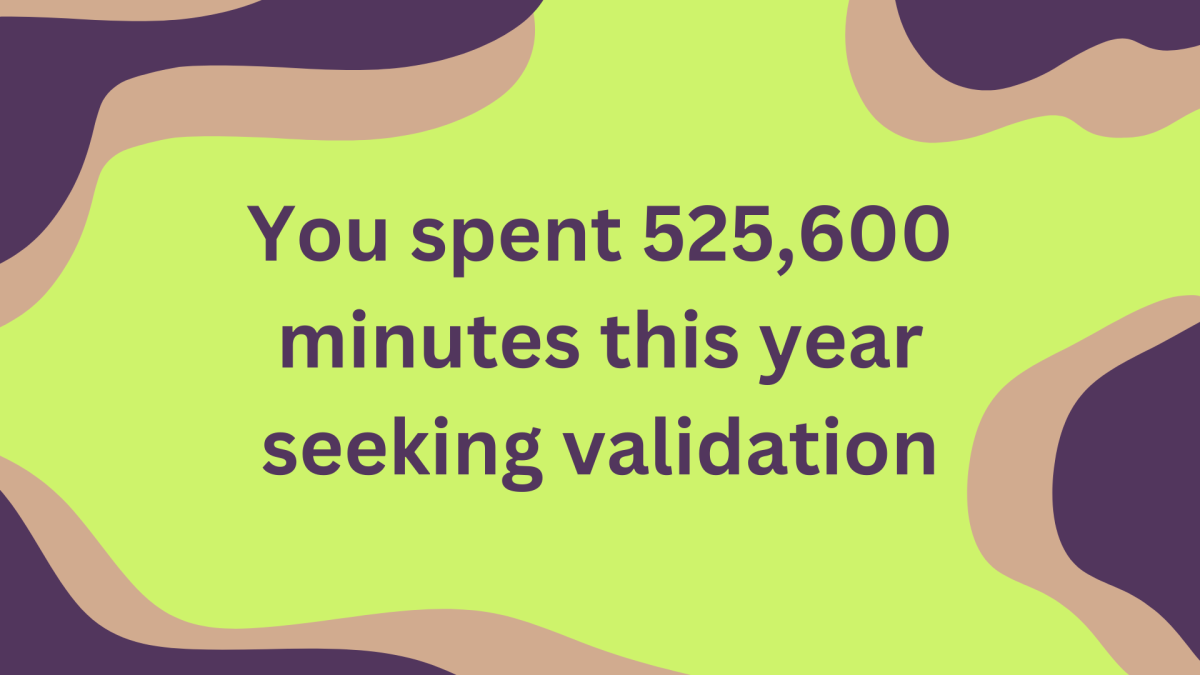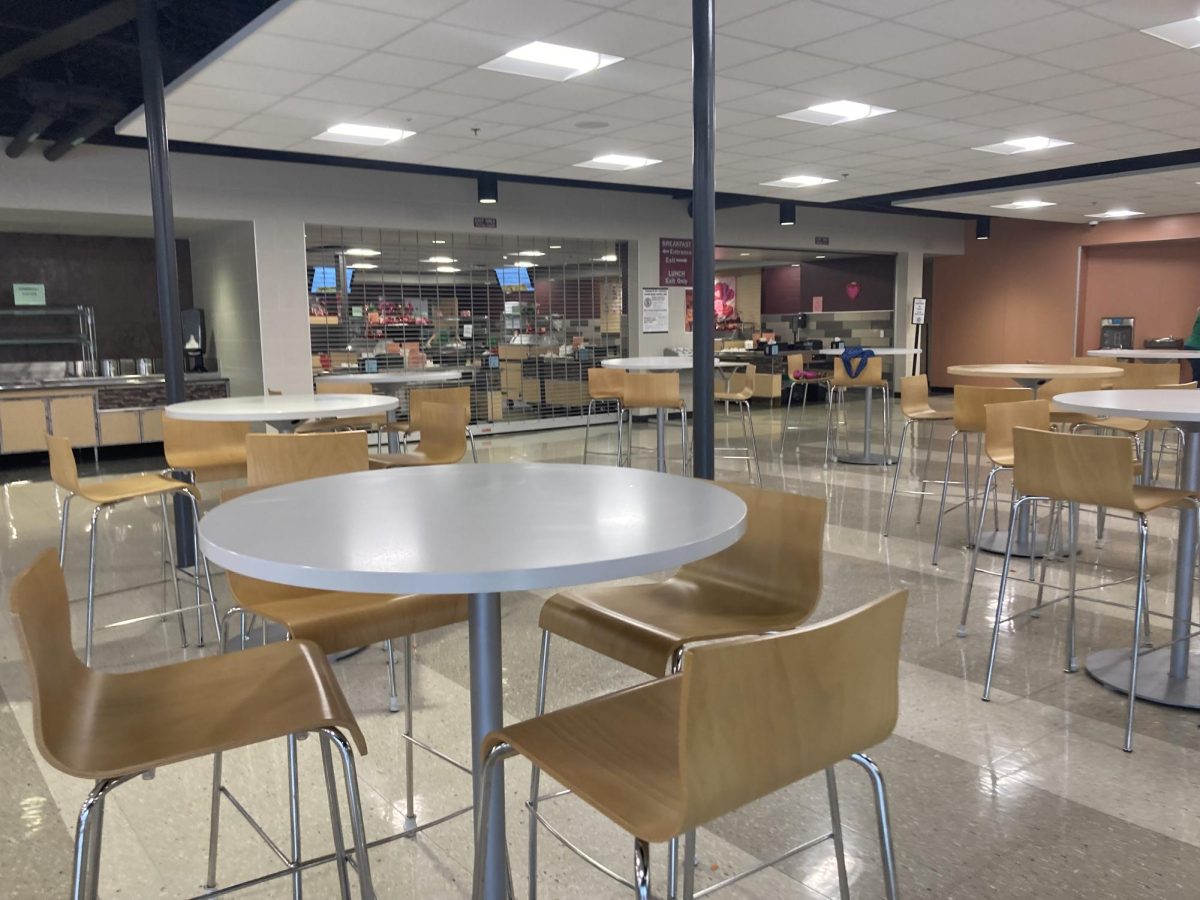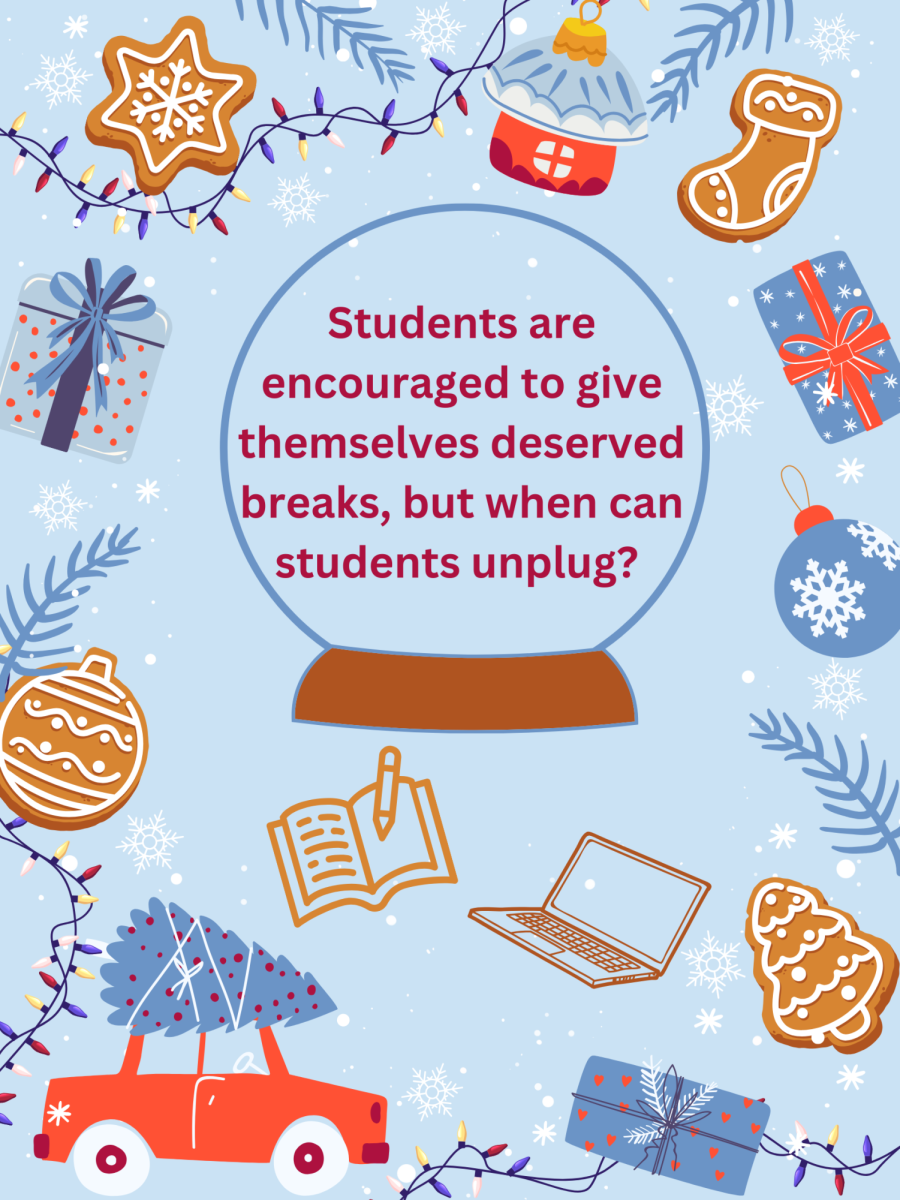On Friday, Oct. 18, the lights went out for more than 10 million Cubans, causing outrage and protests across the country.
Cuba’s crisis with power is not recent- stretching back for decades, but it’s been overwhelming in recent years. While this is partially due to their government’s poor handling of the crisis, one decision three years ago sent Cuba toward its current problem.
“Why is our energy infrastructure collapsing?” one Cuban asked the BBC. “Either [our government is] not investing in it or, if they are, then it’s not been to the benefit of the people.”
Economic sanctions on Cuba in Jan. 2021 left the country overwhelmed, due to reliance on US fossil fuels, as well as the COVID-19 pandemic.
The restrictions have forced fuel prices in Cuba up astronomically and led the Cuban government to rely primarily on Venezuela for fossil fuels. The average price for gas in Cuba is $3.03, which conflicts with the citizen’s low salaries, as the average salary in Cuba would be considered far below the poverty line by Pennsylvania’s standards.
The Cuban government has done little to help with this situation. Instead of investing in cheaper alternative energy sources such as solar power, the government has continued seeking fossil fuels.
“If you had extensive buildout of solar, solar farms, residential solar and storage, for the most part, you could avoid the problems they have,” Dan Whittle, associate vice president of the resilient Caribbean practice at the Environmental Defense Fund, said in an Associated Press article.
According to the Associated Press, Cuba’s increase in renewable energy has been disappointing, with only a 1.2% increase in reliance on solar power in the past decade. For comparison, Pennsylvania produces over 20% more solar and wind energy than it did a decade ago. In addition, Pennsylvania invests $4.8 billion yearly in solar power, and although Cuba has promised to invest more than 3.5 billion dollars into the renewable energy sector, it has yet to deliver.
“There is still […] this lingering belief at the highest levels of [Cuban] government that, you know, fossil fuels is the best solution,” Whittle said in the article.
The people of Cuba have suffered through all of these unacceptable decisions. In 2022 a survey showed that only 80% of Cubans were unhappy with the current conditions.
“The citizens of Cuba are at the whim of the government of Cuba,” AP Government teacher Andrew Merritt said. “So when we talk about Cuban citizens, you’re talking about people who want […] a decent life.”
The protests now reflect earlier protests in July 2021 and March 2024, when the country faced less severe blackouts. Several citizens took to the streets and expressed anger about their government’s carelessness.
“The situation here is horrible,” Cuban citizen Claribel (last name withheld for safety reasons) said to NPR during the March 2024 protests. “To live in Cuba is a tragedy.”
However, when the lights went out on Oct. 18, Cubans expressed exhaustion and fear rather than frustration. Oscar, a category 1 hurricane, was bound for the island. Oscar made landfall on Oct. 20, moderately damaging buildings, but 7 people were reported dead. The people of Cuba took to the streets, banging pots and pans, chanting: “Turn on the lights.”
“This might be a chance to open up Cuba and for the world to step in a little bit and say, ‘Hey, how can we help you out? You know…we’re all part of the same world,’” Merritt said. “There’s a saying […] try to make political positives out of a crisis.”








